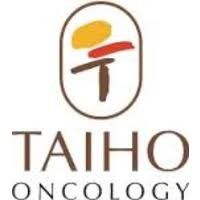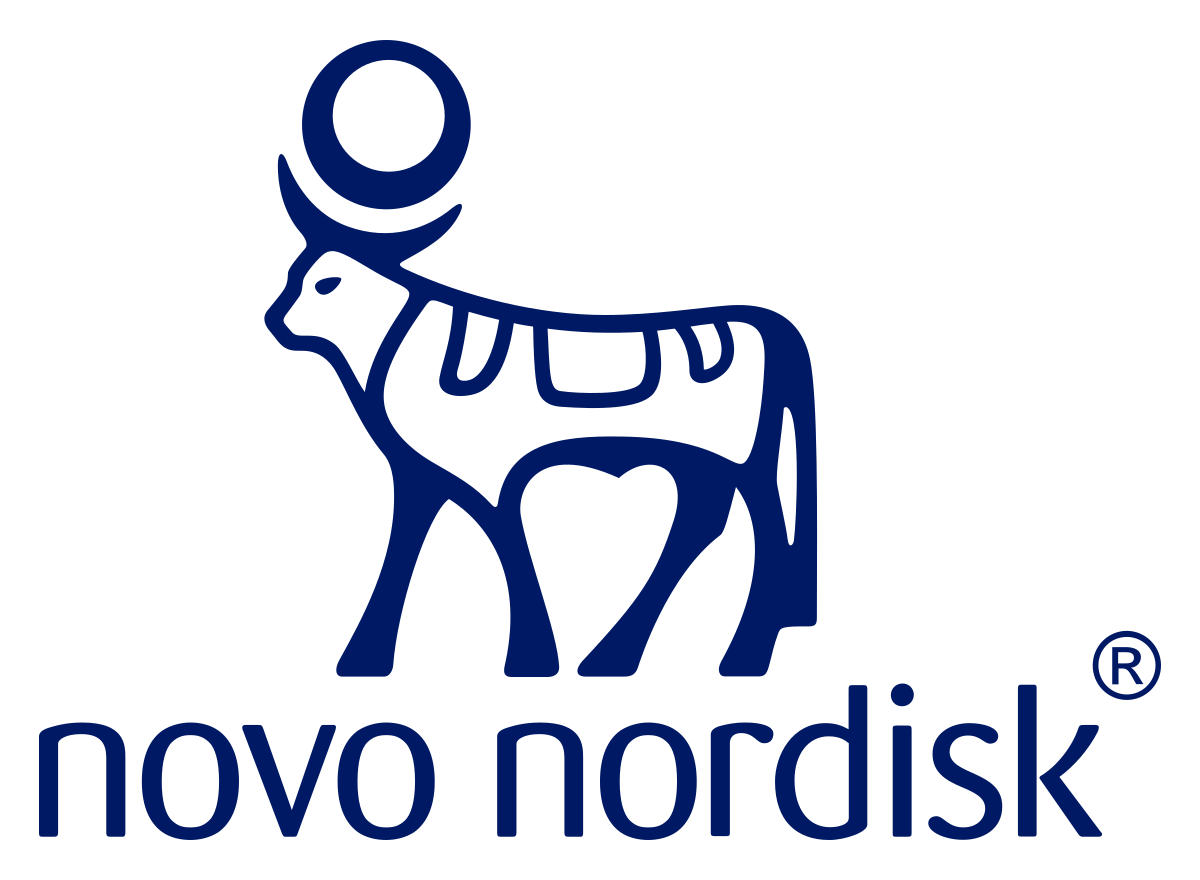预约演示
更新于:2025-05-07
CDA x DNMT1
更新于:2025-05-07
关联
4
项与 CDA x DNMT1 相关的药物作用机制 CDA抑制剂 [+1] |
最高研发阶段批准上市 |
首次获批国家/地区 美国 |
首次获批日期2020-07-07 |
作用机制 CDA抑制剂 [+1] |
非在研适应症 |
最高研发阶段临床2/3期 |
首次获批国家/地区- |
首次获批日期1800-01-20 |
作用机制 CDA抑制剂 [+1] |
在研机构 |
在研适应症 |
非在研适应症- |
最高研发阶段临床2期 |
首次获批国家/地区- |
首次获批日期1800-01-20 |
64
项与 CDA x DNMT1 相关的临床试验NCT06672146
A Randomized Phase II Trial of ASTX727 and Venetoclax Compared With ASTX727, Venetoclax, and Enasidenib for Newly Diagnosed Older Adults With IDH2 Mutant Acute Myeloid Leukemia: A MyeloMATCH Substudy
This phase II MyeloMATCH treatment trial studies how well ASTX727 and venetoclax plus enasidenib works compared to ASTX727 and venetoclax alone for the treatment of older patients with newly diagnosed acute myeloid leukemia (AML) or younger patients who are considered unfit for standard treatment, and who have an abnormal change (mutation) in the IDH2 gene. This gene mutation can cause AML to grow and spread. This trial is being done to see if adding enasidenib to the usual treatment can help more patients with the IDH2 gene get rid of AML. Cedazuridine is in a class of medications called cytidine deaminase inhibitors. It prevents the breakdown of decitabine, making it more available in the body so that decitabine will have a greater effect. Decitabine is in a class of medications called hypomethylation agents. It works by helping the bone marrow produce normal blood cells and by killing abnormal cells in the bone marrow. Venetoclax is in a class of medications called B-cell lymphoma-2 (BCL-2) inhibitors. It may stop the growth of cancer cells by blocking Bcl-2, a protein needed for cancer cell survival. Enasidenib works by stopping the growth and spread of tumor cells that have the IDH2 mutation. Giving ASTX727 and venetoclax plus enasidenib may work better in treating AML patients with the IDH2 mutation.
开始日期2025-12-27 |
申办/合作机构 |
100 项与 CDA x DNMT1 相关的临床结果
登录后查看更多信息
100 项与 CDA x DNMT1 相关的转化医学
登录后查看更多信息
0 项与 CDA x DNMT1 相关的专利(医药)
登录后查看更多信息
10
项与 CDA x DNMT1 相关的文献(医药)2023-09-01·European Journal of Haematology
Pharmacokinetics and pharmacodynamics of an oral formulation of decitabine and tetrahydrouridine
Article
作者: Jacobberger, James W. ; Lau, Henry ; Saunthararajah, Yogen ; Friedrich, Ute ; Woost, Philip G. ; Clausen, Wan Hui Ong
2023-05-19·Clinical epigenetics
Combined inhibition of histone deacetylase and cytidine deaminase improves epigenetic potency of decitabine in colorectal adenocarcinomas.
Article
作者: Borlak, Jürgen ; Tang, Zijiao ; Liu, Lu
2021-01-01·Seminars in Hematology2区 · 医学
A pilot clinical trial of oral tetrahydrouridine/decitabine for noncytotoxic epigenetic therapy of chemoresistant lymphoid malignancies
2区 · 医学
Article
作者: Parameswaran, Neetha ; Robinson, Shelley ; Pohlman, Brad ; Lindner, Daniel ; Jagadeesh, Deepa ; Chen, Joel ; Fada, Sherry ; Morrison, Ashley ; Saunthararajah, Yogen ; Dean, Robert ; Dever, Meredith ; Smith, Mitchell ; Radivoyevitch, Tomas ; Hill, Brian
1
项与 CDA x DNMT1 相关的新闻(医药)2023-09-19
LONDON & PLEASANTON, Calif.--(BUSINESS WIRE)-- Otsuka Pharmaceutical Europe Ltd. (Otsuka) and Astex Pharmaceuticals, Inc. (Astex) today announce that the European Commission (EC) has approved INAQOVI® (oral decitabine and cedazuridine) as monotherapy for the treatment of adult patients with newly diagnosed acute myeloid leukaemia (AML) who are ineligible for standard induction chemotherapy. The EC decision applies to the European Economic Area (EEA), which includes the EU member states, Iceland, Liechtenstein and Norway. INAQOVI® is the first and only oral hypomethylating agent licensed in the EEA in this patient population.
This press release features multimedia. View the full release here:
The EC approval is based on the results from the Phase 3 ASCERTAIN clinical trial investigating the pharmacokinetic exposure equivalence of the novel oral fixed-dose combination versus intravenous (IV) decitabine in AML patients1. The ASCERTAIN study met its primary endpoint, with the orally administered decitabine and cedazuridine fixed-dose combination showing pharmacokinetic exposure equivalence to a standard 5-day regimen of IV decitabine using a two-cycle, cross-over study design. Safety findings for the fixed-dose combination of decitabine and cedazuridine were generally consistent with those anticipated for IV decitabine1.
The current treatment options for adults with AML range from hospital-administered IV chemotherapy infusions or, for those patients not eligible for chemotherapy, regimens based on parenterally administered hypomethylating agents, with treatment cycles typically extending for 5-7 days2. Fatigue can significantly restrict daily activities and impact a patient’s quality of life3. INAQOVI® may provide both patients and physicians with an oral treatment option in this patient population.
On 10th June 2022, the European Medicines Agency (EMA) agreed to a Paediatric Investigation Plan for the oral decitabine and cedazuridine fixed-dose combination, representing an important milestone for the prospect of furthering clinical studies in children with AML.
About decitabine and cedazuridine fixed-dose combination (INAQOVI®)
INAQOVI® is an orally administered, fixed-dose combination of the approved hypomethylating agent (HMA), decitabine (35 mg), together with cedazuridine (100 mg), an inhibitor of cytidine deaminase4-6. By inhibiting cytidine deaminase in the gut and liver, the fixed-dose combination is designed to allow for oral daily administration of decitabine over 5 days in a given cycle to achieve comparable systemic exposure to IV decitabine administered with the same dosing regimen7.
In the Phase 3 ASCERTAIN study, a total of 89 AML patients were randomised 1:1 to receive INAQOVI® (35 mg decitabine and 100 mg cedazuridine) orally in Cycle 1 and decitabine (20 mg/m2) intravenously in Cycle 2 (n=44) or the reverse sequence (n=45). Both INAQOVI® and IV decitabine were administered once daily on Days 1 through 5 of the 28-day cycle. Starting with Cycle 3, all patients received INAQOVI® orally once daily on Days 1 through 5 of each 28-day cycle until disease progression, death, or unacceptable toxicity6.
Primary endpoint results showed that patients receiving INAQOVI® achieved pharmacokinetic exposure equivalence of 99.64% (90% CI: 91.23, 108.8) to IV decitabine given at 20 mg/m2 for 5-days with a similar pharmacodynamic activity. Secondary findings showed a Median Overall Survival of 7.9 months (95% CI: 5.9, 13.0) and a Complete Response rate of 21.8% at 7.95 months median follow up1.
The most common adverse drug reaction (≥ 20%) was thrombocytopenia. The most common serious adverse reactions (≥ 20%) were febrile neutropenia and pneumonia. Permanent discontinuation occurred in 14% of patients while on treatment. The most frequent adverse reaction resulting in permanent discontinuation was pneumonia (5%)6.
About acute myeloid leukaemia (AML)
AML is the most common form of acute leukaemia in adults8. The median age at diagnosis is approximately 70 years2. Within Europe, the incidence of AML is increasing, this may be attributed to the ageing population; AML incidence in Europe has risen from 3.48 in 1976 to 5.06 patients per 100,000 population in 20132. Across Europe and all age groups, AML is notably more common in males than in females2. The outlook for patients diagnosed with AML has improved over time due to improved care and treatment, however between the years of 2000 and 2007, 5-year survival for patients was just 17%2.
About Otsuka
Otsuka Pharmaceutical is a global healthcare company with the corporate philosophy “Otsuka-people creating new products for better health worldwide”. Otsuka researches, develops, manufactures, and markets innovative products, focusing on pharmaceutical products to meet unmet medical needs and nutraceutical products for the maintenance of everyday health. In pharmaceuticals, Otsuka is a leader in the challenging area of mental health and has research programmes in several under-addressed diseases including tuberculosis, a significant global public health issue.
Otsuka Europe employs around 550 people and focuses on psychiatric and neurologic disorders, infectious disease, nephrology, oncology, and digital medicines. Otsuka Pharmaceutical Europe Ltd. is a part of Otsuka Pharmaceutical Company, Ltd., a subsidiary of Otsuka Holdings Co., Ltd. headquartered in Tokyo, Japan.
The Otsuka group of companies employed 47,000 people worldwide with consolidated sales of approximately €12.4 billion and a spend of €1.67 billion on research and development in 2022. For further information on Otsuka, please visit .
About Astex
Astex Pharmaceuticals, Inc. is committed to the fight against cancer. Astex is developing a proprietary pipeline of novel therapies for the treatment of solid tumours and haematological malignancies. Astex is a member of the Otsuka group of companies. The group also includes Otsuka Pharmaceutical Co., Ltd., Taiho Pharmaceutical Co., Ltd., and Taiho Oncology, Inc. Subject to regulatory approvals, Astex’s products will be commercialised in the U.S. and Canada by Taiho subsidiaries, and in the rest of the world by Otsuka subsidiaries.
Otsuka, the Otsuka logo, Astex, the Astex logo, and INAQOVI are registered trademarks of Otsuka Holdings Co., Ltd. or its subsidiaries.
References
Geissler K, Koristek Z, Bernal del Castillo T, et al. Pharmacokinetic exposure equivalence and preliminary efficacy and safety from a randomized crossover Phase 3 study of an oral hypomethylating agent, ASTX727 (DEC-C), compared to IV decitabine in AML patients. Poster presented at the European Hematology Association Congress; 9–12 June 2022; Vienna, Austria. Abstract P573.
Heuser M, Ofran Y, Boissel N, et al. Acute myeloid leukaemia in adult patients: ESMO Clinical Practice Guidelines for diagnosis, treatment and follow-up. Ann Oncol. 2020;31(6):697–712.
No authors listed. Benefits of AML Maintenance Therapy Extend to Quality of Life and Hospitalization. Oncologist. 2021;26 (Suppl 1):S11–S12.
Oganesian A, Redkar S, Taverna P, et al. Preclinical Data in Cynomolgus Monkeys of ASTX727, a novel oral hypomethylating agent (HMA) composed of low-dose oral decitabine combined with a novel Cytidine Deaminase Inhibitor (CDAi) E7727. Poster presented at the American Society of Hematology Annual Meeting; 7–10 December 2013; New Orleans, LA. Abstract 2526.
Ferraris D, Duvall B, Delahanty G, et al. Design, synthesis, and pharmacological evaluation of fluorinated tetrahydrouridine derivatives as inhibitors of cytidine deaminase. J Med Chem. 2014;57(6):2582–2588.
INAQOVI Summary of Product Characteristics (Europe), September 2023.
INQOVI Product Monograph (Canada), March 2022.
De Kouchkovsky I, Abdul-Hay M. ‘Acute myeloid leukemia: a comprehensive review and 2016 update’. Blood Cancer J. 2016;6(7):e441.
View source version on businesswire.com:
Contacts
OTSUKA PHARMACEUTICAL EUROPE LTD.
Alison Ross
Otsuka Pharmaceutical Europe Ltd.
+44 (0)7768 337 128
ARoss@Otsuka-Europe.com
ASTEX PHARMACEUTICALS, INC.
Martin Buckland
Astex Pharmaceuticals, Inc.
+1 925 560 0100
martin.buckland@astx.com
Source: Astex Pharmaceuticals, Inc.
View this news release online at:
临床3期临床结果上市批准ASH会议
分析
对领域进行一次全面的分析。
登录
或

生物医药百科问答
全新生物医药AI Agent 覆盖科研全链路,让突破性发现快人一步
立即开始免费试用!
智慧芽新药情报库是智慧芽专为生命科学人士构建的基于AI的创新药情报平台,助您全方位提升您的研发与决策效率。
立即开始数据试用!
智慧芽新药库数据也通过智慧芽数据服务平台,以API或者数据包形式对外开放,助您更加充分利用智慧芽新药情报信息。
生物序列数据库
生物药研发创新
免费使用
化学结构数据库
小分子化药研发创新
免费使用




